Canning vs freezing, which is the more effective food preservation technique? Keep reading to find out the advantages and disadvantages of these techniques and see which best suits your needs.
RELATED: 26 Canning Ideas And Recipes For The Homestead | Homesteading
In this article:
Canning vs Freezing: What's the Best Way to Preserve Food?
A Detailed Overview on Canning vs Freezing
Canning
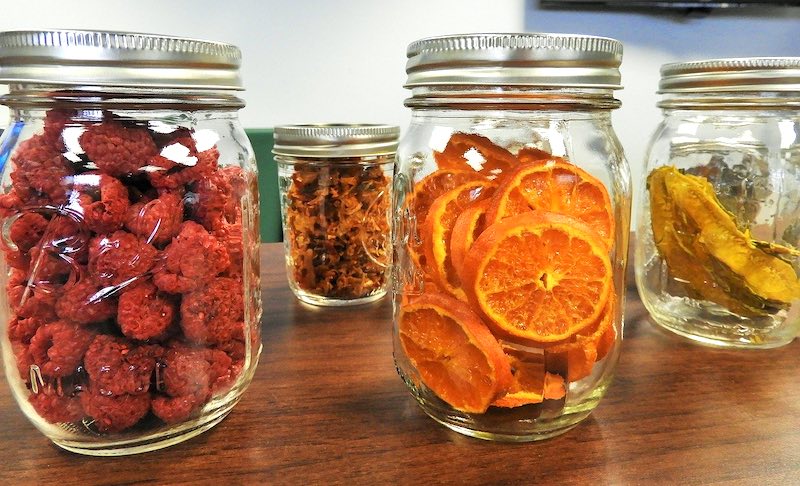
The idea behind canning is to store your fruits and vegetables in a clean, airtight jar. If done properly, you can preserve the freshness of your foods for one to five years — assuming you do not open the jar prematurely.
- First, clean the jars and sterilized them in boiling water.
- Next, fill the jars with the food you want to preserve and sprinkle with citric acid.
- Make sure the jar is packed to the brim with no air bubbles in between.
- Then, submerge the jars in a pressure canner filled with water.
- Wait 24 hours, remove from water, and your canned fruits and veggies are good to go! Check out the full guide here.
Pros
1. Easy Storage
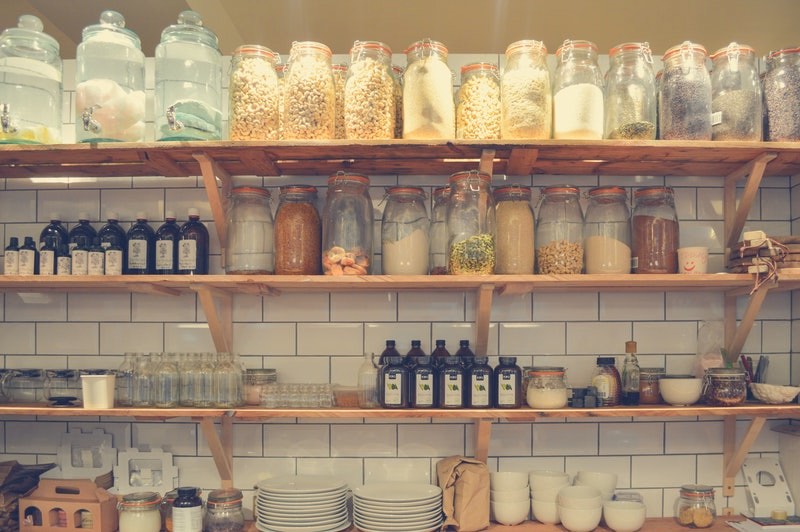
Cans are easier to store than whole fruits and vegetables. You can easily arrange and stack the jars on top of each other in a small cabinet if you use same-sized containers.
Plus, it's easy to look for a temporary storage location if you run out of space in your food cabinet. As long as you keep the goods out of direct sunlight, running water, and extreme air temperature, you'll be fine.
2. Energy Efficient
It takes zero energy to store canned foods. All you'll need is a cool, dry space like a shelf, cabinet, or hidden drawer. There's no need for you to invest in extra equipment, furniture, or appliances.
3. Seamless Organization
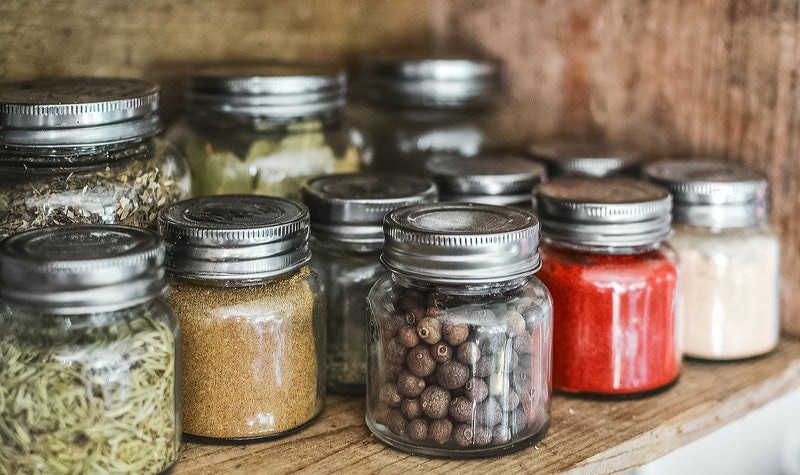
You can easily rearrange the jars in your kitchen pantry whenever you want. On the other hand, if you want to organize frozen foods, you'll have to do so in a swift manner, because otherwise, the foods' freshness will get compromised. This makes inventory much harder as well.
Cons
1. Hard to Do
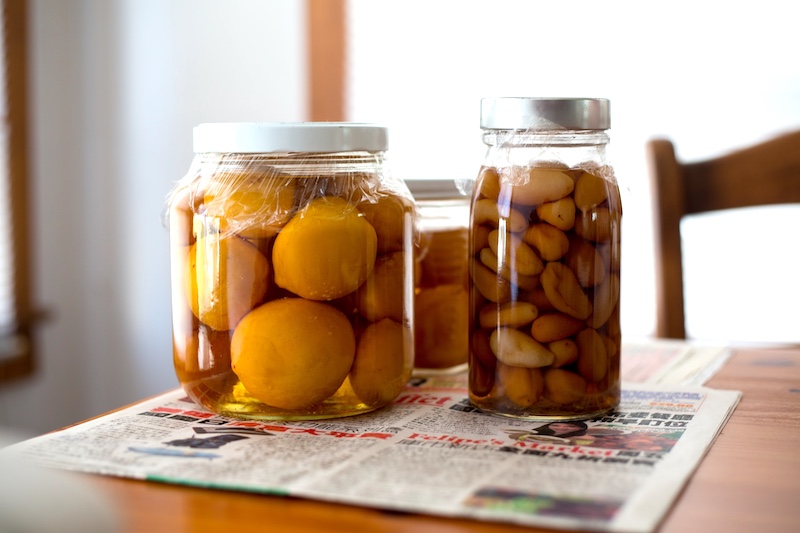
As compared to freezing, the process of canning is a bit more complex. It takes practice and preparation for one to learn how to use a pressure canner effectively can and preserve any kind of food.
In fact, it'll easily take a beginner one to two days just to can and preserve a jar of veggies such as beans, corn, asparagus, and tomatoes, among others.
Plus, you'll need the right tools for the job. And quite frankly, not many people have the necessary canning equipment just lying around their home.
2. Vulnerable and Fragile
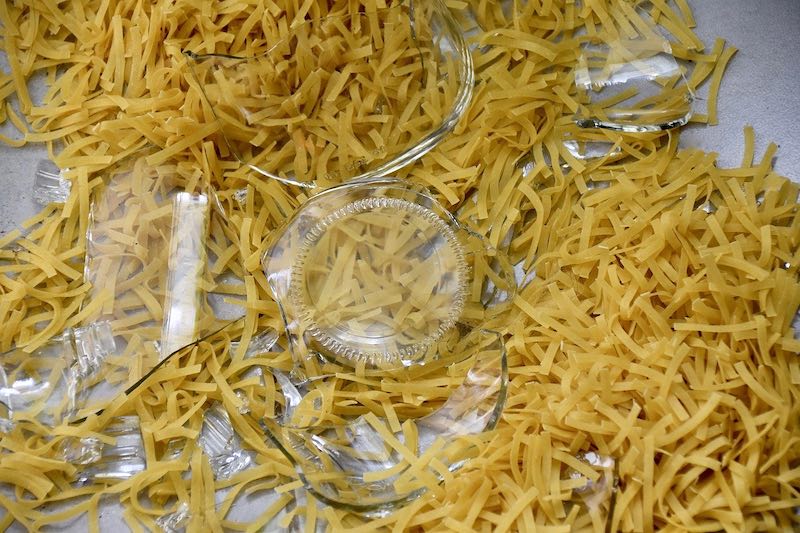
Cans and jars are fragile and easy to break. Make one wrong move and you could easily crack a jar of pickles you've been saving for the past few months.
So if you plan to go with canning, make sure you store your goods in a hard-to-reach place that's away from pets, kids, and clumsy housemates.
Verdict
Canning has a difficult learning curve and it'll take trial and error to master it. In fact, you can expect to waste a few batches of fruits and veggies before you get the process right.
However, when it comes to long-term ease and convenience, canning has the process of freezing beat. It costs zero energy to store canned products, the jars are easy to organize, and the foods are easy to eat and prepare.
Canning is ideal for people who want to preserve fruits and veggies for over a year. This includes preppers who have emergency bunkers and want to stock up on months' worth of food indefinitely.
RELATED: Freezing Herbs with Olive Oil for Long Lasting Flavor | How to Freeze Basil like a True Homesteader
Freezing
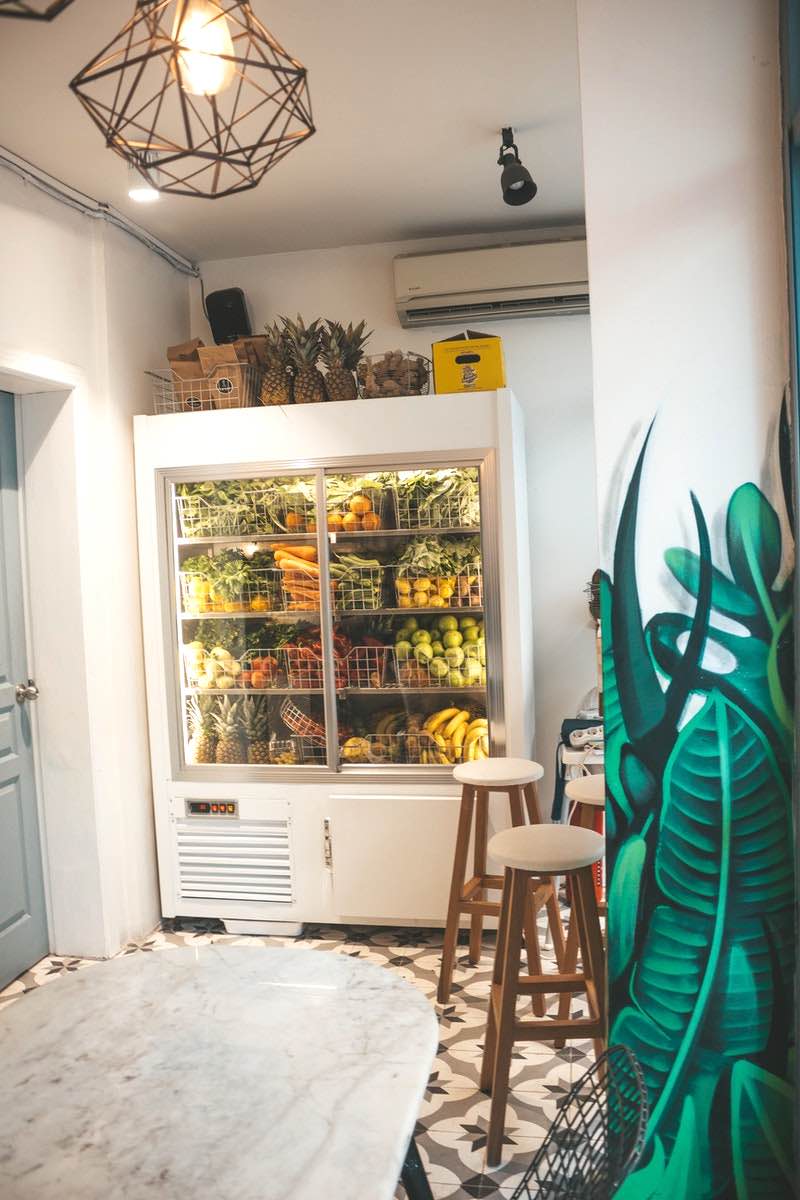
Freezing vegetables is a bit easier compared to canning.
- First, blanch the veggies. This helps seal in the flavors to ensure they don't go stale in the freezer.
- Next, lay the veggies out on a clean baking pan and freeze solid.
- Afterward, remove from the freezer, store in airtight bags, pop back in the freezer, and you're done! Check out the full guide here.
Question: Do you have to blanch peaches before freezing? Yes. Whether it's peaches, berries, cabbages, or whatever fruit/veggie, you'd want to blanch food items before storing them in the freezer.
Pros
1. Very Easy to Learn
Unlike canning, freezing is very easy to learn. With the right guidance, even a teenager who knows nothing about cooking can freeze and preserve their own batch of veggies.
2. Less Work and Preparation
It'll only take a few hours for one to blanch, freeze, and store dozens of pounds' worth of veggies. The process is relatively quick and easy.
Cons
1. Long-Term Storage is a Hassle
The amount of food you can freeze and preserve is limited by the size of your freezer. So unless you're willing to invest in a large, industrial freezer made for long-term food storage, you'll only be able to preserve two to three batches of small veggies.
Note: Some foods and veggies might get freezer burned if stored for an excessively long time.
2. Difficult to Organize
The organization can be quite taxing. Just imagine how much work it'll take to get something from the back of the freezer. Not to mention, you'll have to thaw out the ice sticking to your foods first.
3. High Energy Storage
Freezers consume a lot of energy just to function normally. If you plan to use the freezer for long-term storage, expect your energy bills to skyrocket to thousands of dollars.
4. Tricky Preparation
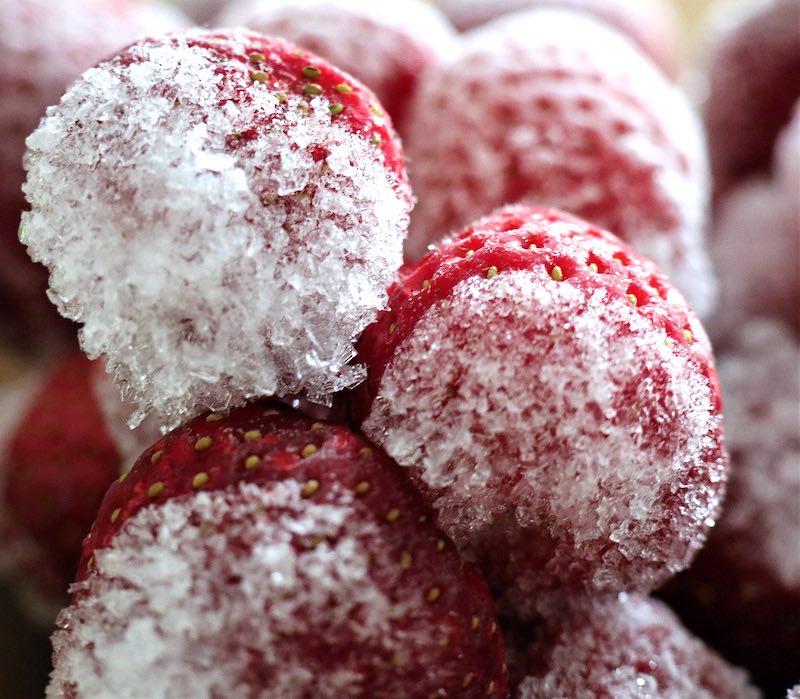
Before cooking frozen food, you'll have to thaw the items out for a few hours. This is not necessarily difficult, but it can be quite time-consuming and unsuitable for quick meals and recipes.
Verdict
Freezing is very easy to learn. As we said, even an inexperienced newbie can understand the process in just a few hours. After reading this article, you might even be ready to make a few batches on your own.
However, long-term storage can be quite expensive. Freezer space is limited and frozen items are hard to thaw out. Plus, a freezer is far more expensive than a couple of jars, so this process might not work for those who are on a tight budget.
Generally, freezing is ideal for business owners who only need to store food on a short-term basis. This includes retailers who sell crops and just need to preserve food for a few months.
Check out this video by Traditional Cooking School by GNOWFGLINS where she discusses more about canning vs freezing:
Canning vs freezing, which is the better food preservation technique? Generally, it all boils down to one’s personal preferences. Take time to understand the difference between the two methods and assess which would best suit your diet and lifestyle.
Also, keep in mind that you don’t necessarily have to choose and stick to just one technique. You are free to alternate between them as you see fit.
Canning vs freezing, which of the two do you prefer? Share your thoughts with us in the comments section below!
Fellow homesteaders, do you want to help others learn from your journey by becoming one of our original contributors? Write for us!
UP NEXT:

Leave a Reply